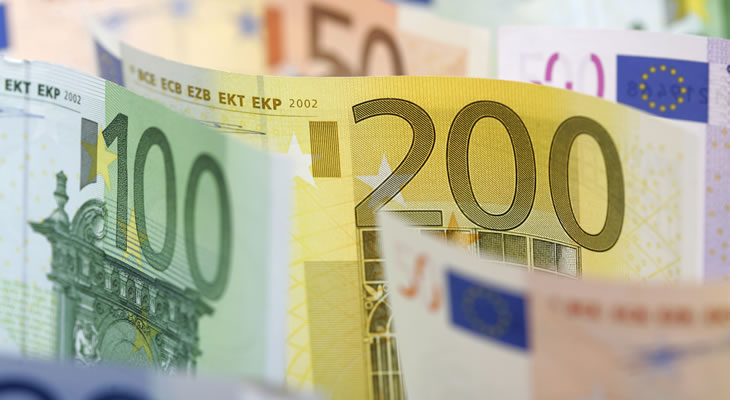Mounting evidence of a split amongst policymakers at the Bank of England (BoE) failed to support the Pound, with the odds of an imminent interest rate hike weakening.
Deputy governor Jon Cunliffe took a decidedly dovish tone in comments on Wednesday morning, arguing that there is not yet enough pressure to justify an increase in interest rates.
With Governor Mark Carney also committed to a neutral policy bias the balance of the Monetary Policy Committee (MPC) seems likely to remained tilted towards the doves for the time being.
However, given the unexpectedly hawkish turn taken by chief economist Andy Haldane last week the BoE could face a greater divide at its next policy meeting.
Even if interest rates are unlikely to actually rise in the near future markets are likely to continue to speculate on the matter, lending support to the Pound.
The chances of a rate hike could weaken sharply, though, if May’s net consumer credit and mortgage approvals figures prove discouraging.
Governor Carney expressed concern over high levels of consumer borrowing at the publication of the BoE’s Financial Stability report, with an uptick here likely to increase the dovish resolve of policymakers.
On the other hand, any weakening in lending could exacerbate worries over the outlook of the UK economy, given the fact that strong consumer spending has helped to support growth in the wake of the Brexit vote.
Weaker German Inflation Forecast to Dent Euro Demand
Demand for the Euro, meanwhile, surged on the back of the latest commentary from European Central Bank (ECB) President Mario Draghi.
The slight shift in Draghi’s words surprised investors, seeming to suggest that the policymaker is moving towards a more hawkish outlook on monetary policy.
Analysts at Deutsche Bank noted:
‘As our rates strategists’ aptly called it, the speech seemed to mark a transition from the “whatever it takes” period to “it will take less” and a potential slow turning point in the direction of travel towards tighter policy.’
While any change in policy is unlikely to come in the near future this nevertheless encouraged investors to pile back into the single currency, weighing heavily on the GBP EUR exchange rate.
Even so, the Euro is likely to come under renewed downside pressure ahead of the weekend thanks to the latest German consumer price index report.
If inflation within the Eurozone’s powerhouse economy shows fresh signs of faltering the chances of the ECB returning to a tightening bias are likely to weaken substantially.
On the other hand, a strong showing here could put more pressure on policymakers and encourage the GBP EUR exchange rate to trend lower as a result.


Comments are closed.